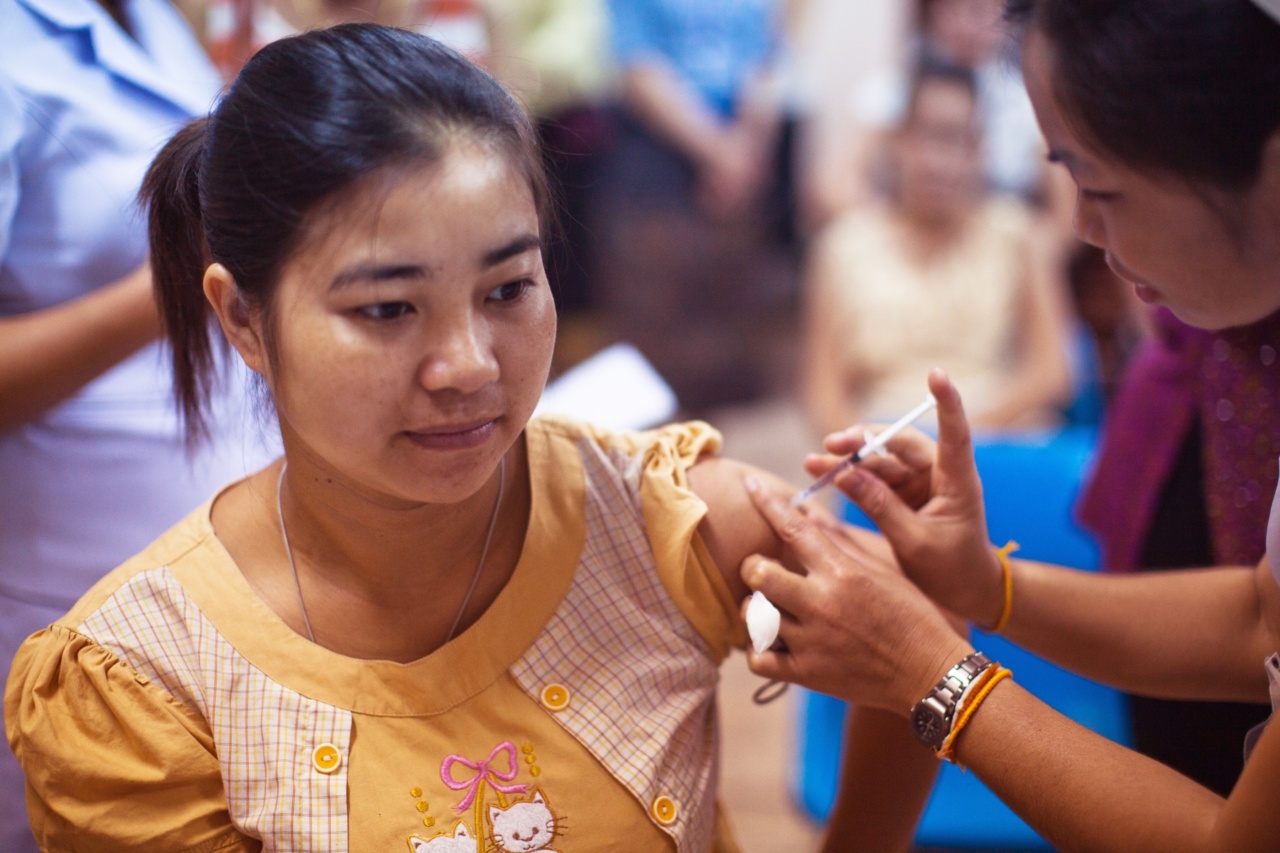Menopause is a natural biological process that marks the end of a woman’s reproductive years. It is characterized by a decrease in estrogen production in the body.
This decrease in estrogen can cause a range of symptoms, including hot flashes, night sweats, vaginal dryness, and mood changes.
One of the more significant changes that occur during menopause is a decline in testosterone levels. Testosterone is a hormone that is typically associated with men, but women also produce it, albeit in much smaller amounts.
However, even this small amount is essential for maintaining a healthy body and mind.
Research has shown that testosterone therapy can be helpful in treating symptoms associated with menopause in women. Many medical experts now recommend testosterone injections for postmenopausal women.
The Science of Testosterone Therapy
Testosterone is a hormone produced by both men and women that plays an essential role in the body. It is responsible for regulating sex drive, bone mass, fat distribution, muscle mass and strength, and red blood cell production.
In women, it also plays a crucial role in maintaining mental clarity and well-being.
The decline in testosterone levels in women during menopause can cause a range of symptoms, including decreased libido, mood changes, and a decrease in muscle strength and bone density.
Testosterone therapy is being increasingly used to treat these symptoms, and research has shown that it can be effective in improving a variety of health outcomes in postmenopausal women.
How Testosterone Therapy Works
Testosterone therapy for women typically involves the use of testosterone injections. These injections work by replacing the testosterone that is no longer being produced by the body.
They help to correct the hormonal imbalances that can occur during menopause, leading to an overall improvement in well-being.
Testosterone injections are usually administered by a healthcare provider in a clinic or doctor’s office. They are a safe and effective way of delivering the hormone into the body, and they come with minimal side effects.
Most women who use testosterone injections report significant improvements in their symptoms after just a few weeks of treatment.
The Benefits of Testosterone Therapy for Postmenopausal Women
Several studies have shown that testosterone therapy can be highly effective in treating symptoms associated with menopause in women. These include:.
Improving Sexual Desire and Function
Testosterone therapy has been shown to be effective in increasing libido in women. In one study, postmenopausal women who received testosterone therapy reported a 50% increase in sexual desire.
Reducing Vaginal Dryness and Discomfort
Testosterone therapy can help to increase the production of natural lubrication, reducing vaginal dryness and discomfort during sex. This can lead to a significant improvement in the quality of life for women experiencing these symptoms.
Improving Bone Health and Reducing the Risk of Osteoporosis
Testosterone plays an essential role in maintaining bone density and strength, and a decline in testosterone levels during menopause can increase the risk of osteoporosis.
Testosterone therapy has been shown to reduce the risk of developing osteoporosis in postmenopausal women by improving bone density and strength.
Reducing Fatigue and Increasing Energy Levels
Testosterone therapy has been shown to reduce fatigue and increase energy levels in postmenopausal women. This can lead to an overall improvement in mood and mental clarity.
Improving Muscle Strength and Reducing the Risk of Falls
Testosterone therapy can help to increase muscle mass and strength, reducing the risk of falls and fractures in postmenopausal women.
It can also help to improve balance and coordination, which are essential for maintaining mobility and independence in later life.
The Risks of Testosterone Therapy for Postmenopausal Women
While the benefits of testosterone therapy for postmenopausal women are significant, there are some risks associated with the treatment. These include:.
Acne and Other Skin Conditions
Testosterone therapy can lead to an increase in oil production in the skin, leading to acne and other skin conditions in some women.
Hair Growth and Thinning
Testosterone therapy can increase hair growth in some women, while causing hair thinning in others. These symptoms are usually mild and temporary.
Breast Enlargement and Tenderness
Testosterone therapy can cause breast enlargement and tenderness in some women. This symptom is usually mild and reversible.
Conclusion
Medical experts now recommend testosterone injections for postmenopausal women as a safe and effective way of treating symptoms associated with menopause.
Testosterone therapy can lead to significant improvements in a variety of health outcomes, including sexual desire and function, bone health and strength, energy levels, and muscle strength. While there are some risks associated with the treatment, these are usually mild and reversible.





























